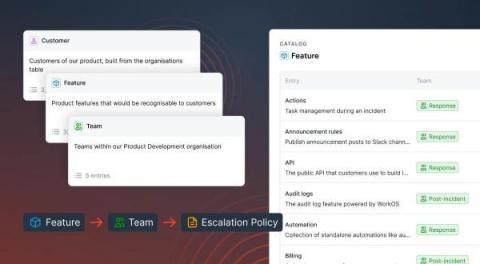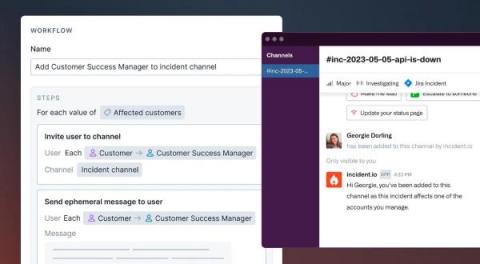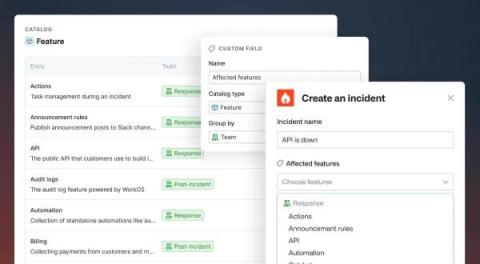Effective incident escalations
In the ever-evolving digital landscape, every organization must confront its fair share of incidents. Regardless of the sector or size, one common thread weaves through them all: the need for effective incident management. A crucial part of this management is incident escalation, a topic on which we've had many discussions with various companies.











